The views expressed in our content reflect individual perspectives and do not represent the authoritative views of the Baha'i Faith.
In the Christian tradition, Jesus had a herald, a Prophet who preceded Christ’s revelation. John the Baptist anticipated the coming of the messianic messenger Christ, baptized Jesus at Bethany and announced that a new Faith would soon be born. Most Biblical scholars agree that Jesus originally became a follower of John the Baptist, whose wisdom and kindness they praise and whose foretelling of Christianity cleared the way for John’s recognition of Jesus as the Messiah.
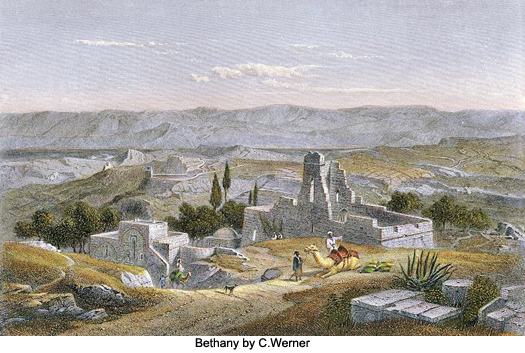 Baha’u’llah, the Prophet and Founder of the Baha’i Faith, also had a herald — another Prophet who preceded the Baha’i revelation. The Báb – which means The Gate (and is pronounced the bŏb) – foretold Baha’u’llah’s revelation, upended society’s status quo and began a revolutionary new movement to prepare the way for the advent of the Baha’i teachings. In His tablet to Pope Pius IX, Baha’u’llah described the Báb and His holy book the Bayán this way:
Baha’u’llah, the Prophet and Founder of the Baha’i Faith, also had a herald — another Prophet who preceded the Baha’i revelation. The Báb – which means The Gate (and is pronounced the bŏb) – foretold Baha’u’llah’s revelation, upended society’s status quo and began a revolutionary new movement to prepare the way for the advent of the Baha’i teachings. In His tablet to Pope Pius IX, Baha’u’llah described the Báb and His holy book the Bayán this way:
O followers of the Son! We have once again sent John unto you, and He, verily, hath cried out in the wilderness of the Bayán: O peoples of the world! Cleanse your eyes! The Day whereon ye can behold the Promised One and attain unto Him hath drawn nigh! O followers of the Gospel! Prepare the way! The Day of the advent of the Glorious Lord is at hand! Make ready to enter the Kingdom. Thus hath it been ordained by God, He Who causeth the dawn to break. – The Summons of the Lord of Hosts, p. 62.
Born on October 20th, 1819, in Shiraz, Persia, into a deeply traditional and conservative Shia Muslim environment, The Báb’s short life marks a true turning point, one that would eventually challenge the traditions of an entire culture, result in the birth of a powerful Cause and initiate the dawning of a new world Faith.
In the Islamic calendar, that day – the 1st of Muharram, 1235 – marks the beginning of the traditional month of mourning. (Because the Islamic calendar is based on twelve lunar months, Sunday, November 3rd, 2013 is the 1st of Muharram 1435 — which means that exactly 200 lunar years will have passed since the birth of The Báb.) The Arabic word Muharram – which denotes the first month in the Islamic year — means “forbidden”, and comes from the word haram, meaning “sinful.” After Ramadan, Muslims consider Muharram the most sacred of all months, and customs dictate that faithful Shia Muslims must wear black, adopt a somber tone, loudly lament the martyrdom of Muhammad’s grandson Husayn and avoid lively celebrations or events. Joy, as the name of the month suggests, is forbidden.
But on the first day His followers joyously celebrated the Birth of The Báb in Karbila, Persia, they broke that centuries-long tradition, and began to pay a terrible price. Tens of thousands of Bábis were subsequently tortured, imprisoned and killed for challenging the tyrannical hierarchy of Persia’s fundamentalist clergy with the Báb’s beliefs in the oneness of humanity and of religion.
In this short description of that seminal event, which challenged all of Persian society, Shoghi Effendi, the grandson of Abdu’l-Baha and the Guardian of the Baha’i Faith, recounts what happened:
…the main reason for the agitation of the people of Karbila which induced them to accuse Tahirih before the governor of Baghdad was her bold action in disregarding the anniversary of the martyrdom of Husayn … and in celebrating instead the anniversary of the birthday of the Báb, which fell on the first day of that month. She is reported to have asked her sister and relatives to discard their mourning garb and wear instead gay attire, in open defiance of the customs and traditions of the people on that occasion. – The Dawn-Breakers, p. 271.
Tahirih, the famous Persian poet and women’s suffrage advocate, became the first female follower of The Báb in 1844. Her boldness, fearlessness and intellectual acuity made her a target for the most repressive elements of Persian society, as a direct result of her open embrace of the Bábi cause.
Another account of her brave break with traditional Persian society comes from the early Baha’i author Shaykh Kazim Samandar:
In 1845, only a year after the Báb’s Declaration, Tahirih resolved, on her own initiative, to celebrate the day of His birth…. With complete disregard for the customs of the time, she dressed herself in festive color and encouraged the Bábi’s to leave off their mourning and joyously celebrate the birth of the Manifestation with a feast. – Tarikh-i Samandar va Mulhaqqat, pp.366-347.
Baha’is today follow Tahirih’s courageous example, celebrating the Birth of the Báb every October 20th with joy and gratitude. Happy Birth of the Báb!


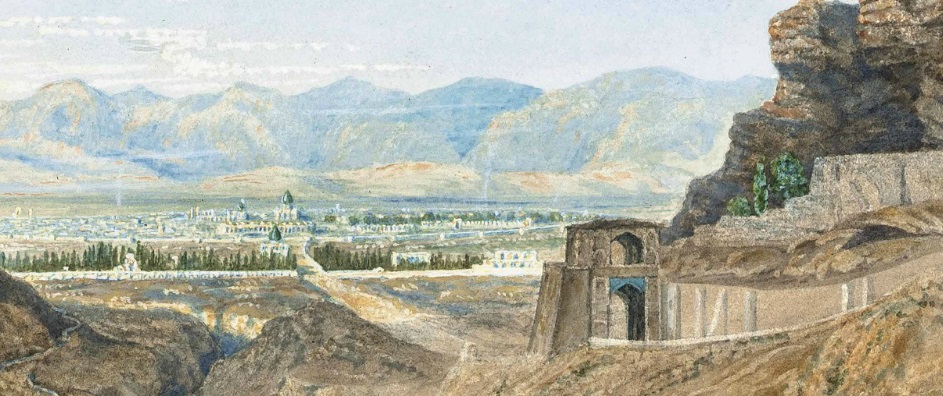
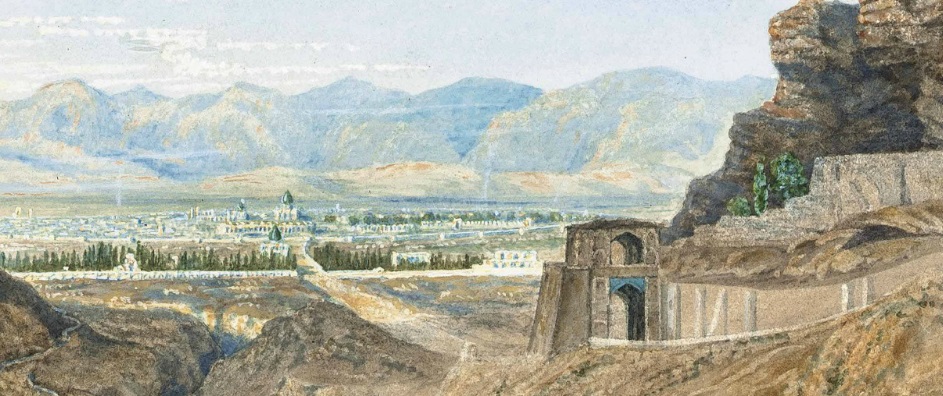
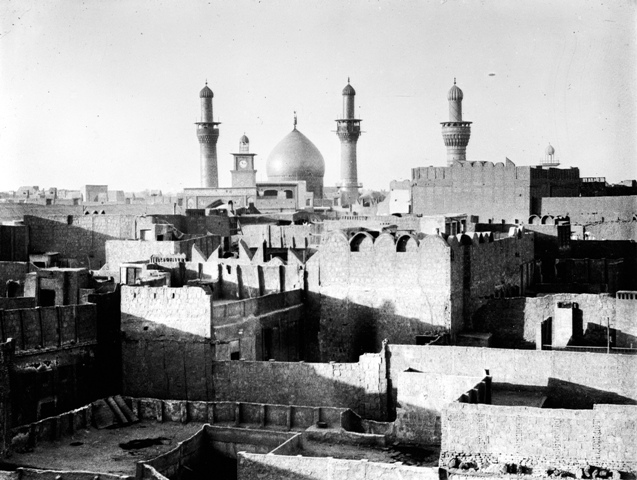
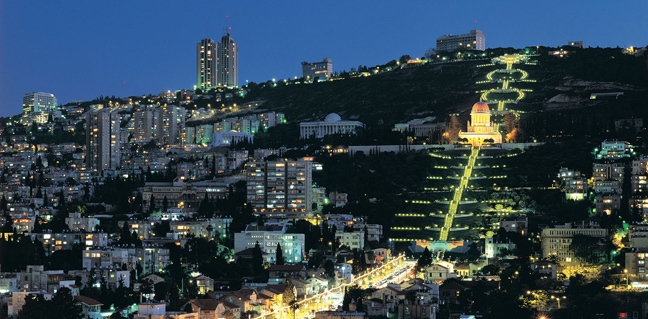













Comments
Sign in or create an account
Continue with Googleor